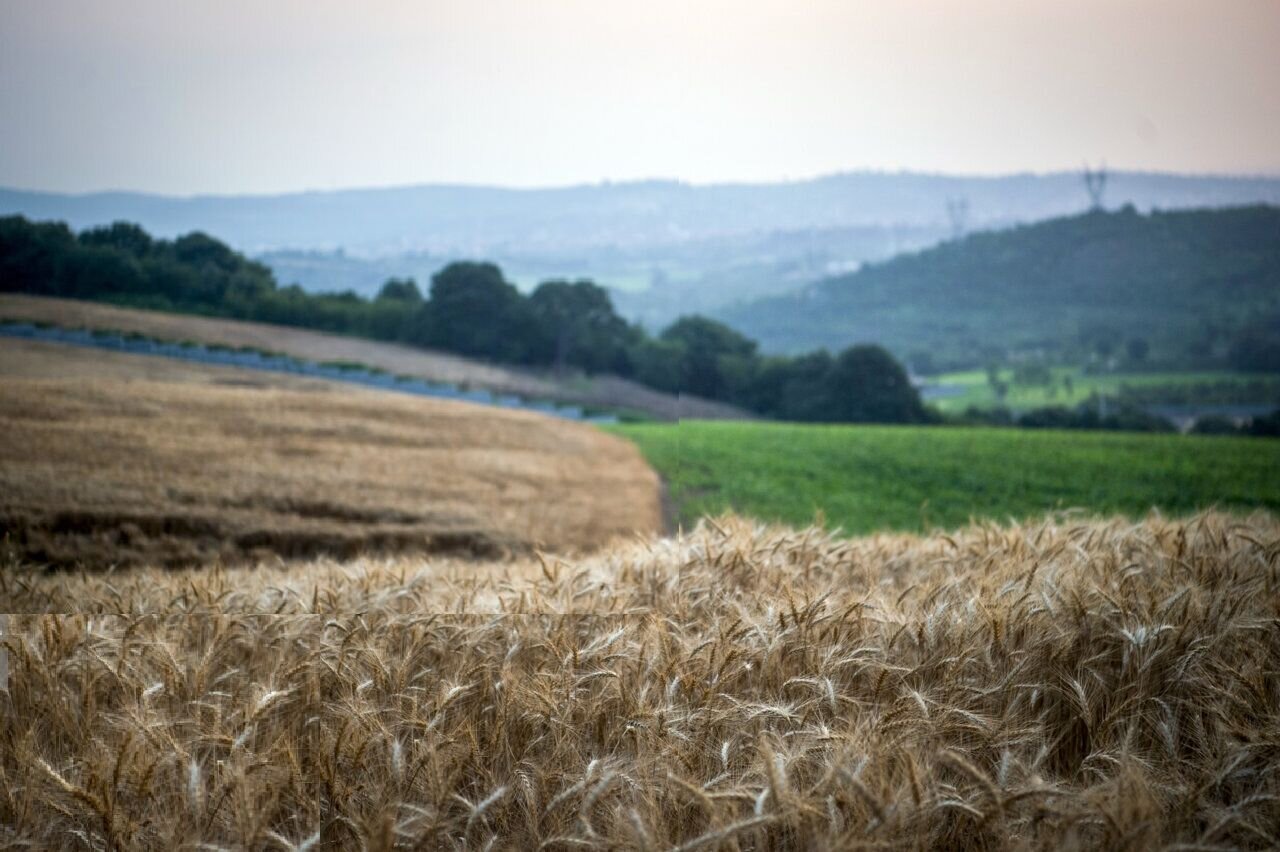Climate change significantly impacts food security in Iran: expert

TEHRAN –By affecting rainfall patterns, pollination, flowering, and even harvest time, climate change has greatly affected the agriculture sector and food security in many countries, most significantly in Iran, according to the country’s former permanent representative and ambassador to the Food and Agricultural Organization (FAO).
In some parts of the country the air temperature has increased by 2 degrees while the highest temperature set in the world amounts to 1.5 degrees, IRNA quoted Mohammad-Hossein Emadi as saying.
Studies have shown that for a degree increase in temperature on the planet, the amount of evaporation rises by 23 percent which negatively affects agriculture and animal husbandry sectors.
Climate change also alters plant growth patterns, disturbing the nutritional values of crops, he stressed.
In addition, unexpected effects of climate change like drought, flood, and landslides have all affected food security.
According to FAO, food security exists when all people, at all times, have physical and economic access to sufficient, safe, and nutritious food that meets their dietary needs and food preferences for an active and healthy life.
Also, the food systems should not utilize the environment, water and soil resources in a way that only one generation can benefit from it, the official noted.
Presently, the food that is available in the world is sufficient for the current population of the world both quantitatively and qualitatively. However, the main problem is caused by financials and economic crisis and that is access to food which stresses whether the individuals can afford to buy food, Emadi added.
Around 600 million people of the world’s population are facing hunger, and more importantly, 2.560 billion are suffering from malnutrition, obesity, and various other diseases caused by the lack of vitamins and proteins.
It shows that food insecurity, which includes hunger and malnutrition, is a big challenge in the world
Accordingly, poor countries as well as rich countries like the U.S. and some states of the Persian Gulf are facing food insecurity. It is critical to develop solutions to end acute hunger and malnutrition in the world.
Climate change mitigation program on the agenda
The Department of Environment (DOE) is planning to develop a program to mitigate the impacts of climate change on the country.
In line with the Seventh National Development Plan (2023 -2027) that highlights the expansion of a green economy and low-carbon industry, enhancement of adaptability to climate change, and reduction of damages, the DOE has placed the development of a mitigating program on the agenda, ISNA quoted Shina Ansari, the head of the DOE, as saying.
“On the one hand, Iran is strongly affected by climate change, and on the other hand, it is among the top ten countries emitting greenhouse gases,” Ansari noted.
The energy sector accounts for more than 86 percent of the country’s greenhouse gas emissions, and the largest share of carbon dioxide emissions, 32 percent, comes from the power plant sector, the official added.
The lack of comprehensive legal and executive regulations on climate change is one of the country’s main problems. Once the laws are developed, the responsibilities of the executive and supervisory bodies of the DOE will be determined in the face of the climate change impacts, Ansari further noted.
She made the remarks on the occasion of the International Day against Climate Change, commemorated on October 24.
The day highlights the significance of raising awareness of climate change threats, taking actions to address its adverse effects, as well as boosting community resilience to climate change.
Climate change is a long-term atmospheric-oceanic phenomenon on a global scale, which is affected by factors such as solar as well as human activities.
Changes in seasonal patterns, wildfires, drought occurrence, and a global surge in diseases are just a few examples of climate change consequences.
Human-induced climate change is the biggest and most pervasive threat to the natural environment and societies that the world has ever experienced, and the poorest countries are paying the heaviest price.
MT/MG
